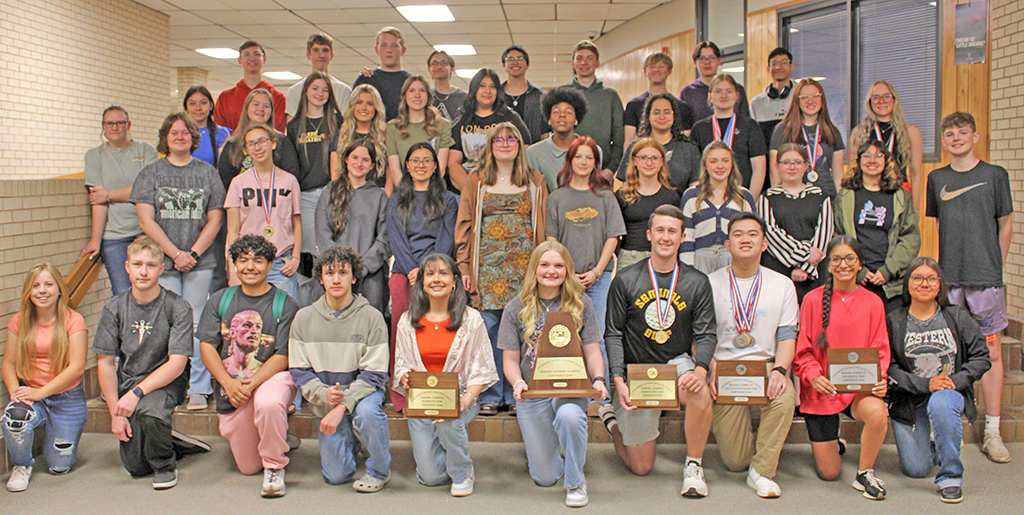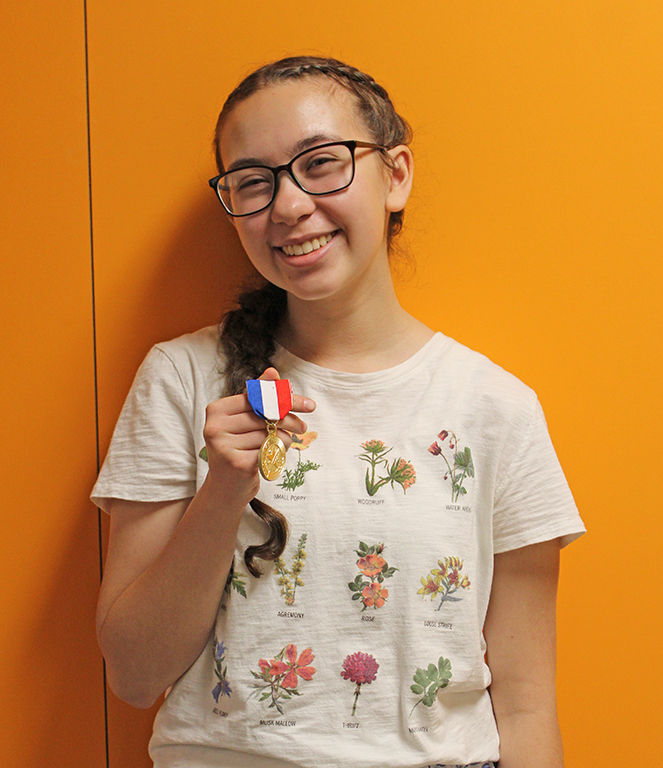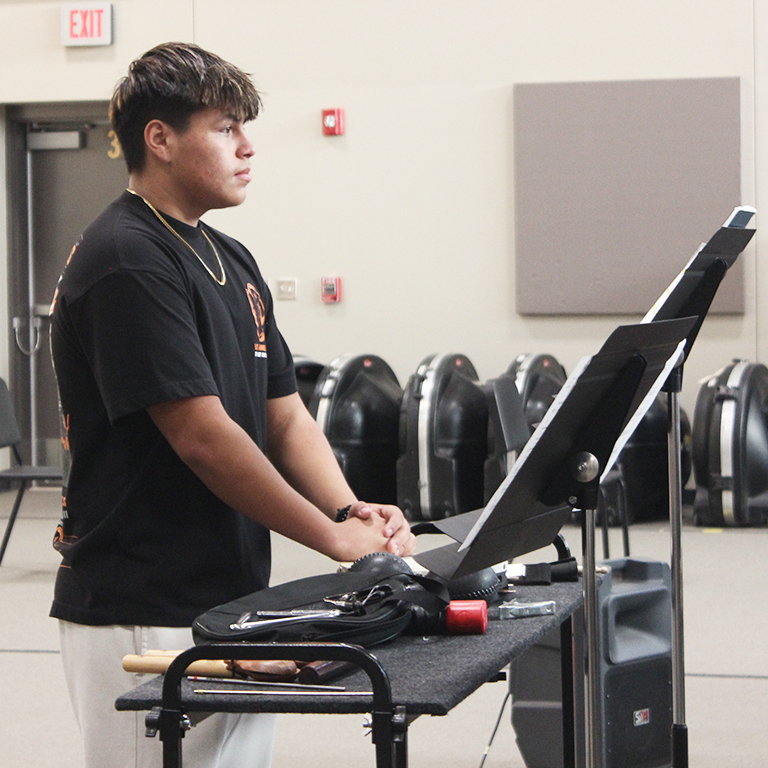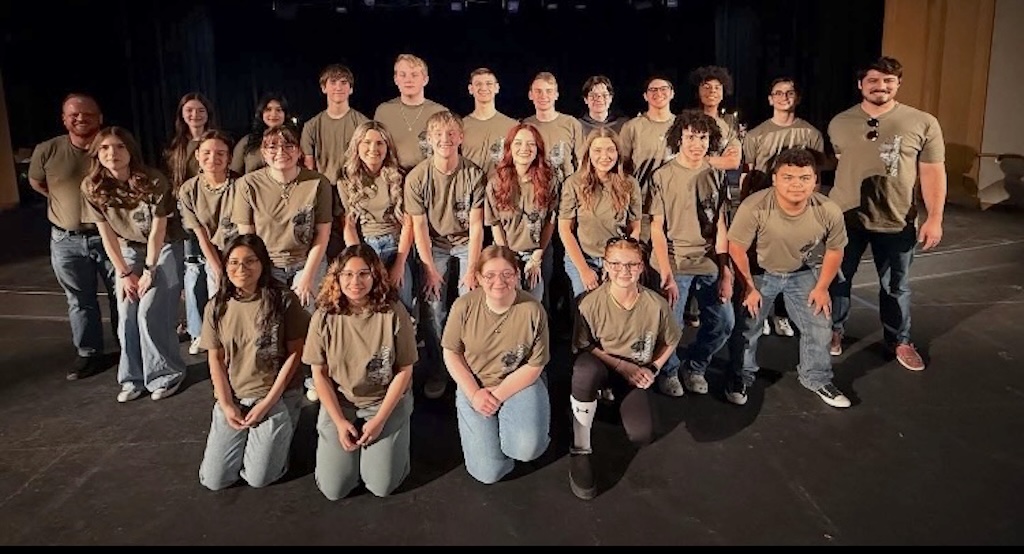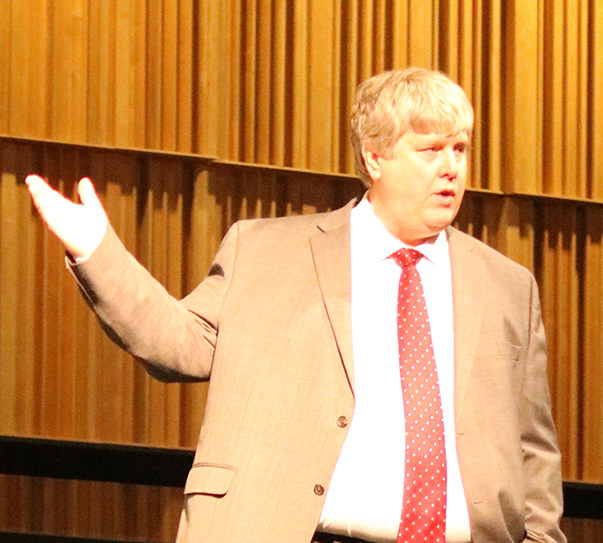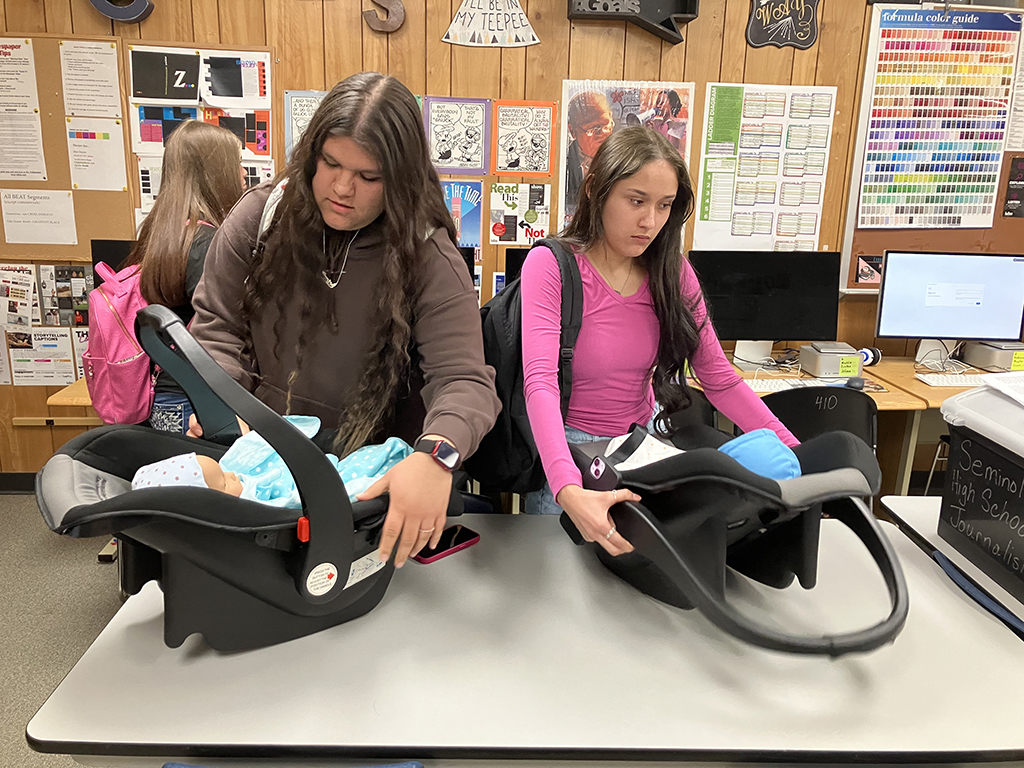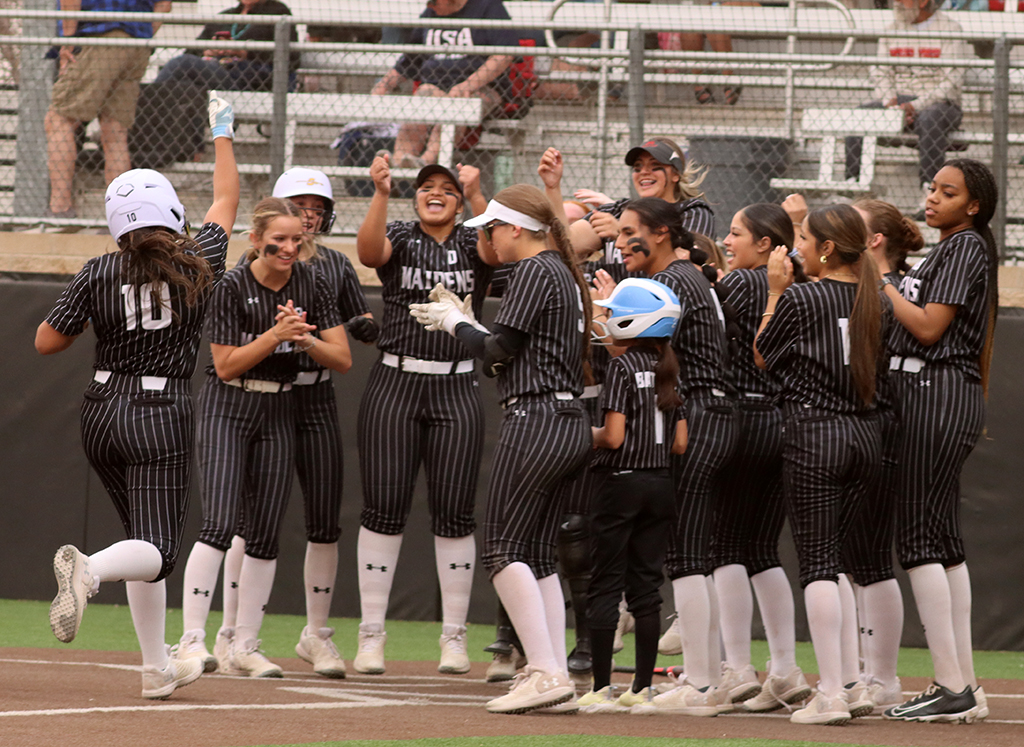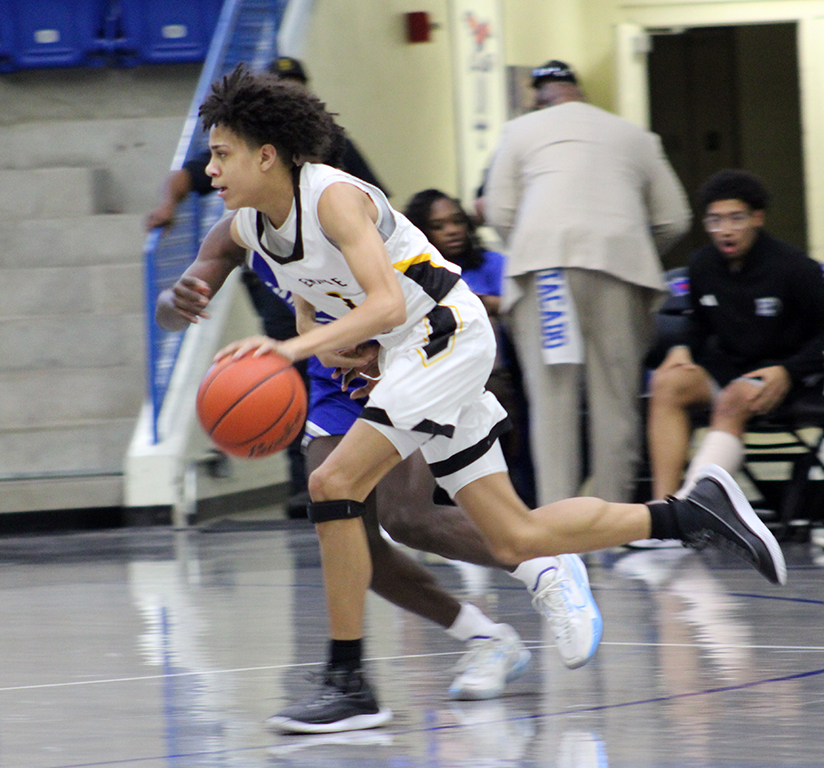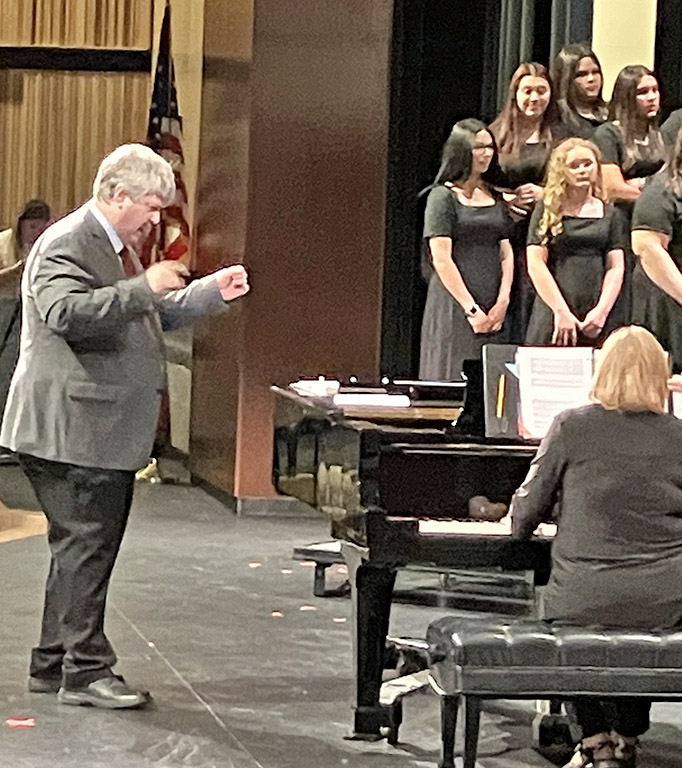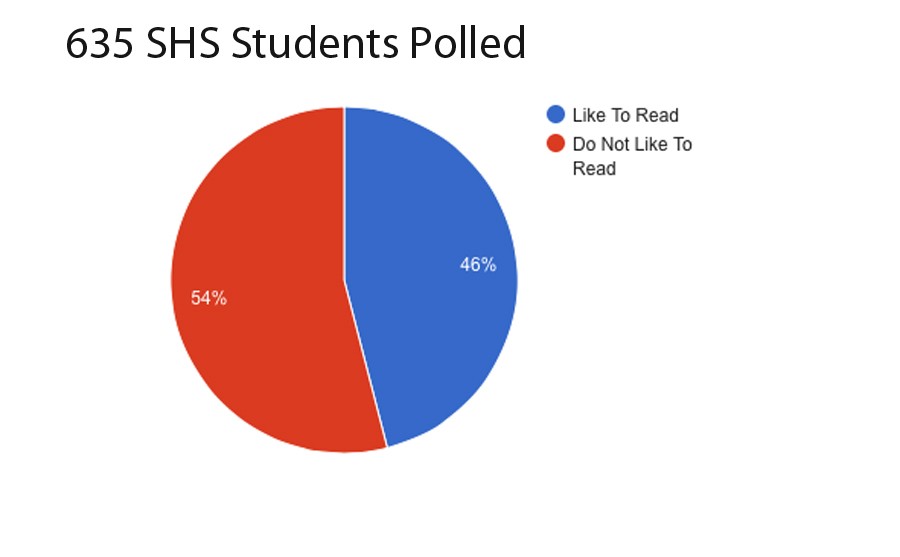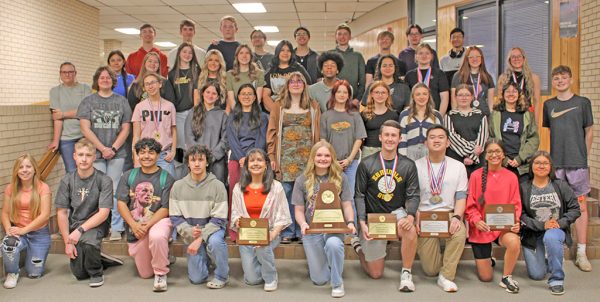Critical skills rely on reading
54% of SHS students do no like to read
A lack of academic success contributes to more than 8,000 high school students dropping out of school every day.
This shocking fact from the Reading is Fundamental program is sobering but not far from home.
A recent poll of 643 SHS students showed that 54 percent do not like to read and 49 percent said they skip words they don’t know when they read.
Research by the National Institute of Child Health and Human Development indicates that “Reading is the single most important skill necessary for a happy, productive and successful life.”
In a world filled with more interesting screens than pages, students and their parents tend to put recreational pursuits above academic ones. The surge in social media in the last 15 years puts an emphasis on looking at a screen rather than a face to communicate.
“People get really comfortable talking through social media,” senior Judy Klassen said. “It gets uncomfortable for people to talk face to face because it’s gotten so much easier to type things up.”
The ease of looking information up has made readers lazy, relying on the Internet to solve their grammatical and cognitive problems. The result has been a decline in critical thinking skills. Students may be able to repeat word per word what is written, but they cannot explain or analyze why or how things happen when the skill is applied to other similar situations. The need to see things the same way every time keeps them from expanding skills.
“I struggle in my English class,” junior Dakota Shastid said. “The teacher doesn’t explain things the way I’m used to hearing them.”
Problems are compounded when students’ first language is not English.
“I don’t really like reading,” said senior Evelin Castillo Derma who came from Mexico. “I have trouble with the English language so it’s hard.”
With the increase in hand-held technology comes a decrease in hands-on parenting in many cases. Junior Kree Ellison said that technology has become too important in people’s lives.
“Since phones have become more of an issue, parents are paying more attention to their phones than to their kids,” Ellison said. “When they’re at a park, the parents will be taking pictures and looking down at their phones rather than actually watching their children play.”
Whether or not a person believes technology affects communication and education, it is apparent that the use of it is rising while test scores and vocabulary comprehension are falling.
“I don’t think technology negatively affects reading as long as it’s used as a tool,” English teacher Jeff Patterson said. “There’s a time for texting language and speed, but then you also have to understand that when you’re writing in an academic or professional situation, the grammar and words you choose do matter. It’s really just a matter of being able to operate in both worlds and shifting back and forth between them.”
One of the problems with modern technology and education is that students find less time to read for pleasure. Senior Judy Klassen wishes that she had more time to get back into reading.
“I love reading,” Klassen said. “I just wish I had more time. School has been keeping me so busy.”
Poor readers also run up against obstacles like Accelerated Reader where quotas are required and failure results if the quotas were not met, turning reading for pleasure into a chore with punishment.
“I hated AR because they forced you to read a book you didn’t want to read,” sophomore Cade Thomas said. “They put you on a scale and you had to read on the range they put so if you wanted to read something else, you couldn’t.”
According to a psychology study done by the University of California Los Angeles, using more digital media in the classroom decreases sensitivity to emotional cues and students lose the ability to understand the emotions of other people.
“The displacement of in-person social interaction by screen interaction seems to be reducing social skills,” UCLA psychology professor Patricia Greenfield said.
When Seminole Junior High students could no longer analyze and communicate reasoning it prompted the junior high to begin a communication program called “Accountable Talk”.
“We have struggled with this for several years as we have noticed our kids are deficient in conversational skills,” junior high English teacher Carla Winston said. “Both teachers and students were frustrated, so the reading department initiated a search for a program that we could implement daily and that would not take time away from our regular content.”
This program helps students communicate with one another and pushes them to participate in group discussions so they get more out of what they are learning.
“Now our students are asking effective questions and responding to questions at a higher level,” Winston said. “Moreover, we are seeing our students apply these skills to whole group discussions. There’s still much work and practice to be done, but the benefits are proving real.”
This program will help students coming into high school and will hopefully lead to better test scores in the future.
“It is a work in progress at the junior high,” Winston said. “There is no doubt it will help students succeed in high school.”
Reading is essential in life. Without it, people are unable to do most anything and without communication, people cannot first hand experience other people’s emotions. While teachers do what they can to help reading get better, students must gain the mind set that reading has less to do with how enjoyable it is and more to do with what a basic necessity it is in everyday life.
“I don’t think there’s a decline of reading comprehension as much as there is a decline in perseverance or desire to want to do things that are difficult,“ Patterson said. “It’s about dedication and what you are willing to put into it.”
